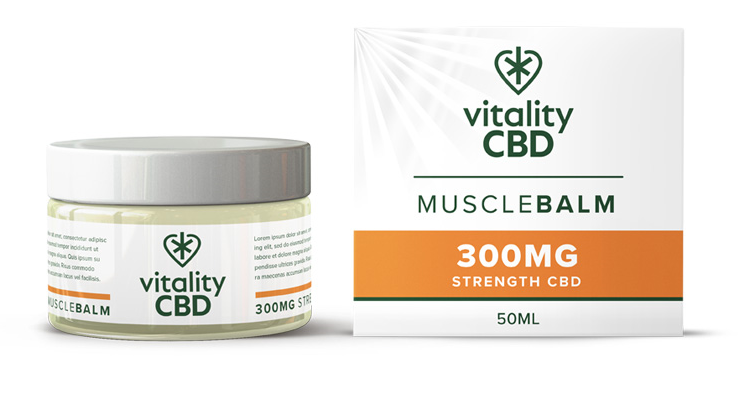What is CBD?

Author: Amy Phillips
Recently, there has been a surge in the number of people asking what CBD is and how it can help them. This isn't surprising, as this new industry is growing in popularity massively thanks to a balloon in high quality product types and more available public information.
But that doesn't always leave us our queries answered, such as if CDB is psychoactive? Or what it can help with? How about how much THC is in CBD?
We used to have similar questions, but with lots of experience and research we can provide a definite answer once and for all.
CBD, less commonly known as cannabidiol, is a substance that is extracted from hemp. It’s one of over 100 cannabinoids found in the hemp plant.
However, despite what you may assume, CBD is not psychoactive chemical, and in turn does not have the effect normally associated with cannabis. In basic terms, it doesn't get you 'high', and is classed as safe and non-addictive by The World Health Organisation.
Recent studies have suggested CBD could possibly be used as a treatment for several neurological and immunological conditions, with other potential benefits. It is important to note that CBD is not currently deemed a medicinal product in the UK, and until further research is provided that shows irrefutable evidence of benefits, CBD's use in treatment of symptoms is not fully know.
Now, onto the complicated stuff. To understand why cannabinoids are so important, one must understand the body better. Specifically, the Endocannabinoid system (ECS for short). The ECS is a self-regulating system which is comprised of receptors called CB1 and CB2 located throughout the body, including the Central Nervous System, the Immune System, the organs and more.
The receptors are found on cell surfaces and have an impact on different biological processes. CB1 receptors target thinking, short term memory, appetite and motor activity, to name a few, and CB2 receptors target kidneys, bones, eyes, skin, liver, and many more. Your body produces its own cannabinoids using your ECS, but they are localised and cannot move very far in your body. Still following? Good. When you introduce cannabinoids extracted from the hemp plant, such as CBD, you are helping to support your body’s own production of endocannabinoids.
Many of the supposed benefits associated with CBD actually comes from indirect actions such as activating the receptors involved in regulating pain, body temperature and inflammation.
But what about research? What do the professionals think?
So far, there have been a number of studies which suggest that CBD can aid some health conditions. The World Health Organisation (WHO) revealed that CBD can be an effective treatment for epilepsy in their 2018 report:
'Of the eight participants in the CBD treatment group, four were reported to be almost free of seizure episodes throughout the trial, whereas three others showed partial clinical improvement. CBD was ineffective in one patient.'
Results from Cunha, J.M., et al., Chronic administration of cannabidiol to healthy volunteers and
epileptic patients. Pharmacology, 1980. 21(3): p. 175-185.
So now you know these basics! But has your interest peaked? If so, our staff is here to help!
The London Vape Company offers one-to-one consultations for any queries you may have and stocks a two different ranges of CBD products. Aztec offers high quality, full spectrum e-liquid in 10ml bottles, and Vitality includes whole plant e-liquid, as well as full spectrum e-liquids, oral sprays, oral drops, creams and balms.
Come down and check it out!
















